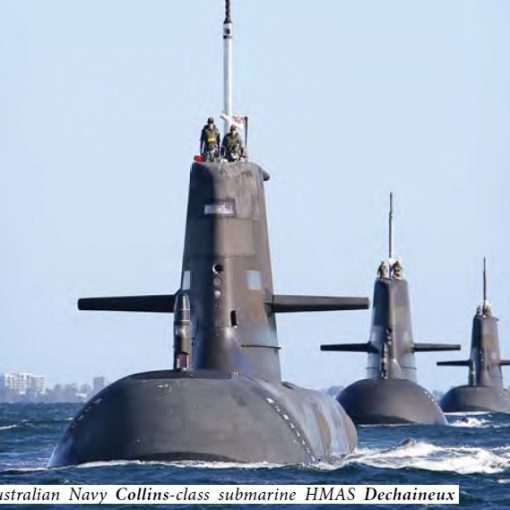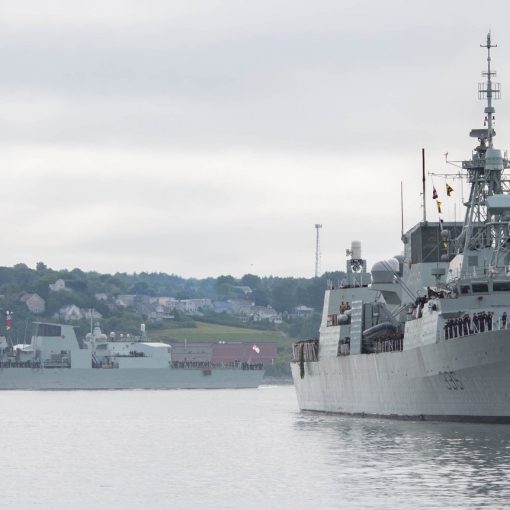The recent completion by the Dalian shipyard in Liaoning Province, China, of a Type 001A aircraft carrier for the People’s Liberation Army Navy of China, underlines how even massive population and large land force countries believe the maritime capacity to be central to both their security and regional influence. The focus on aircraft and helicopter carriers, in recent undertakings by the Russian Federation, the Republic of India, the government of Japan and the United Kingdom, speaks eloquently of the need for mobile forward basing beyond one’s own littoral waters. The US Navy’s dominant capacity in this area and instrumentality is encouraging both allies and competitors to step up.
Whatever the vagaries of present naval procurement challenges in Canada (t’was ever thus), the commitment of the present government of Canada to increase naval resources is worth embracing and pursuing. While the need for refitted surface combatants and a new surface and subsurface fleet is often discussed, there has been little discussion in Canada of the tactical and strategic options that would be afforded the Chief of the Defence Staff, and the government and parliament he or she might serve, by a carrier task force quickly deployable in support of humanitarian, stabilization, allied support or kinetic exigencies. The fact that Canada de-commissioned two aircraft carriers in the post war years should not end any discussion. That was then, and this is now.
A Canadian carrier task group would provide flexibility Canadian forces do not now have. A modern navy with a carrier task group operates at an entirely different geostrategic level than one without. The men and women of the RCN who serve with tenacity, competence, loyalty and courage aboard our frigates, submarines, coastal patrol anti-mining and training ships and soon to be operational Arctic patrol vessels do a remarkable job with often challenging and demanding capacity issues.
A thoughtful discussion about ‘why a carrier would matter – and the cost of not having one’ would actually be a constructive frame for a robust debate about the RCN’s future.
Deployable forward basing on the high seas, with launchability in the air for reconnaissance, stabilization, intelligence, rescue, aid to land forces and other appropriate purposes is not a need to be dismissed. It is a possibility that should be discussed.
Hugh Segal, the fifth master of Massey College, is a distinguished fellow at the Munk School of Global Affairs, The Queen’s School of Policy Studies, and Chair of the NATO Association of Canada.





3 thoughts on “Why a Carrier would Matter: And the Cost of Not Having One”
Jason Kenney tried to obtain cancelled Russian Mistral Class from France but was fought tooth and nail by Ottawa bureaucracy. See http://www.cbc.ca/news/politics/navy-defence-ships-purchase-france-mistral-1.3435803 – What a shame naval leadership couldn’t get their heads out of the sand. Instead Saudi Arabia gifted the two ships to the Egyptian Navy. What a disgrace.
As usual Mr. Segal likes to stir the imagination and other vessels. His suggestion does raise some interesting sub-text, dare we say re-invigoration of a true Naval Air Arm?
This is a complete non starter. Simply put we live in country whose political leadership not only doesn’t want this particular option, they don’t want any options. This allows them to avoid making any hard and potentially dangerous decisions.
Of course that means this unspoken and completely bi-partisan policy does leave the window open to having those decisions made for this country by others.